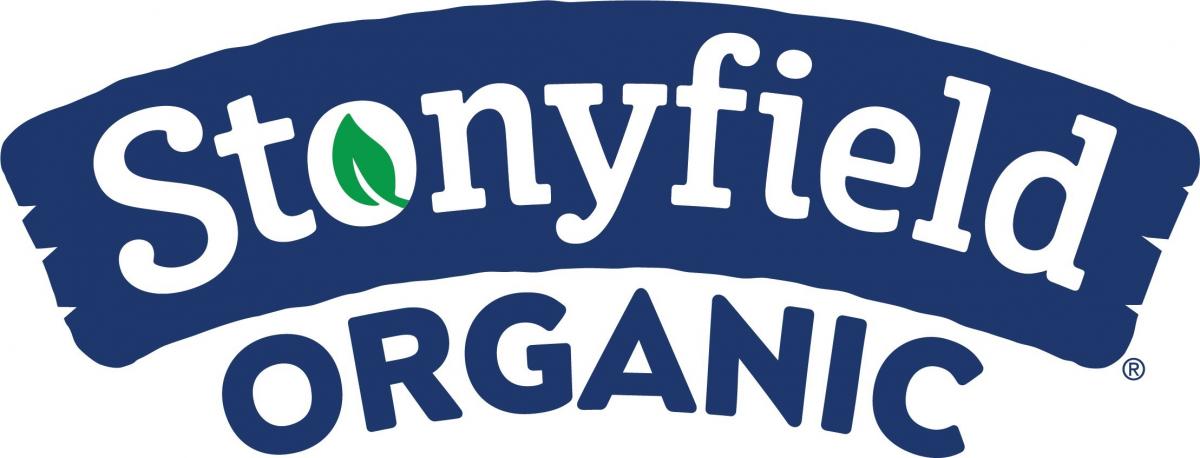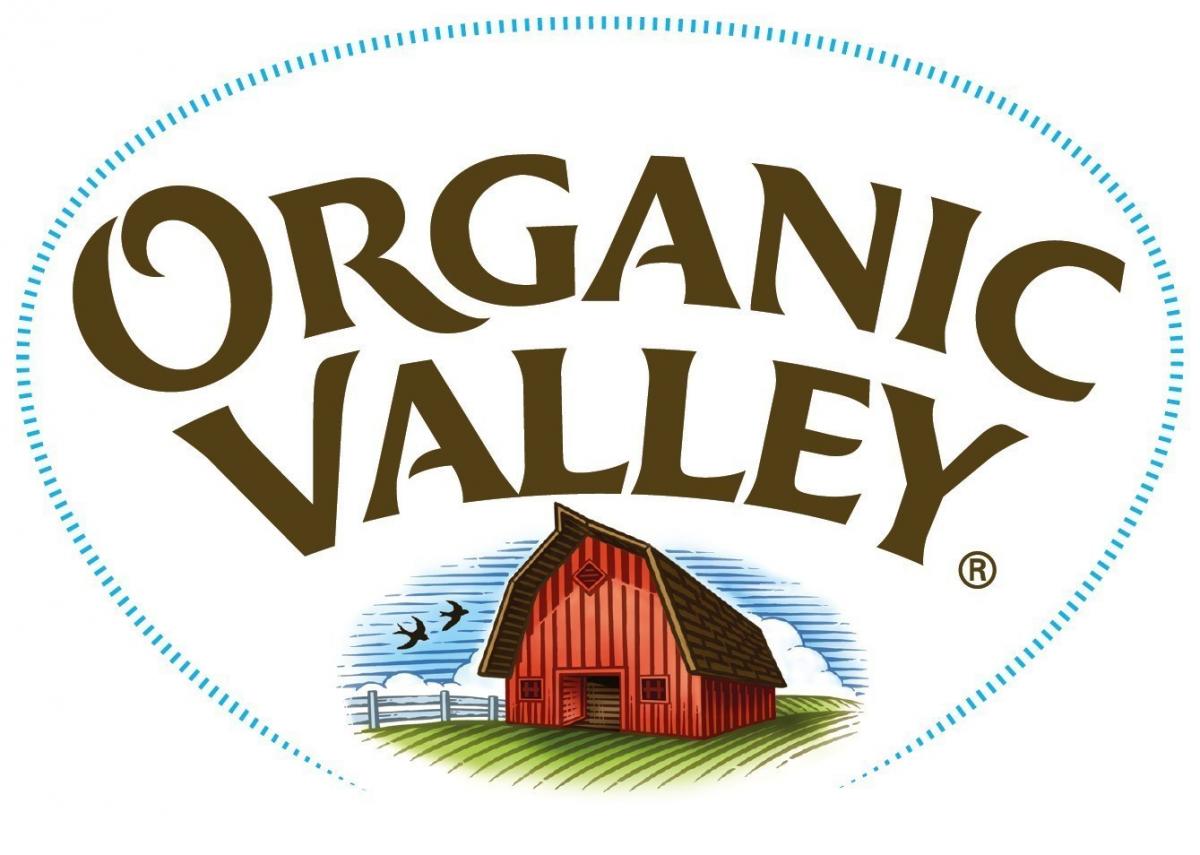Organic Dairy and Climate Change
Avoiding synthetic chemicals in dairy production can help mitigate climate change by avoiding the energy-intensive processes used to make those chemicals, and replacing them with practices that build soil health and sequester carbon.
Organic dairy means more time on pasture and less reliance on grain for feed. Pasture is made up of perennial grasses that require few inputs to grow year after year, especially under organic management that prohibits synthetic nitrogen fertilizers. By contrast, corn and soy are annual crops that require a lot of energy to produce and transport, emitting a lot of greenhouse gasses in the process. Conventional corn and soy use many inputs that are energy intensive to manufacture and apply such synthetic nitrogen fertilizers, herbicides, and pesticides. These crops also require a lot of fuel for machinery used to plant, harvest, process and transport to dairy farms. This is especially true when feed grain is imported from other countries.
Well managed pasture can also improve soil quality and store carbon to help adapt to and mitigate climate change by incorporating manure into the soil. Additionally, when crops are rotated with livestock and utilize manure instead of synthetic nitrogen fertilizer (used in conventional crop production), the potential for soil carbon storage dramatically increases. Intensive conventional, non-pasture based dairy production does not sequester carbon because management is not soil based. Instead, manure is stored in lagoons, which are holding ponds containing a mix of manure and water that is used to rinse the manure from structures that house the cows.
Organic Dairy and Biodiversity
Reducing the use of synthetic chemicals, especially pesticides, can help support both on- and off-farm biodiversity. Organic farming takes the benefits of pesticide reduction a step further by pairing them with practices that increase agricultural diversity, such as crop rotations, cover crops and the use of hedgerows and windbreaks. Compared to conventional farms, organic farms have greater species richness (the number of species) and overall abundance (number of individuals within a species) of carabid beetles, spiders, earthworms, beneficial parasitoids, vascular plants, birds, bees and other native pollinators, soil microbes and fungi, and small rodents. Organic is also beneficial for species evenness--the relative abundance of species. Oftentimes, conventional agricultural pest management practices can ripple through the food web, affecting a wide range of organisms. As a result, many species will become rare while a small number dominate the landscape, further contributing to pest outbreaks. Organic farming methods assuage this ecological damage while simultaneously providing protection against agricultural pests by promoting evenness among natural enemies and other organisms.


